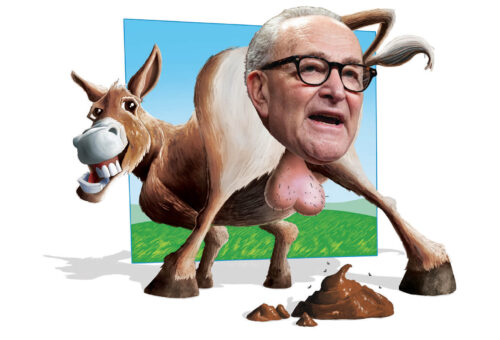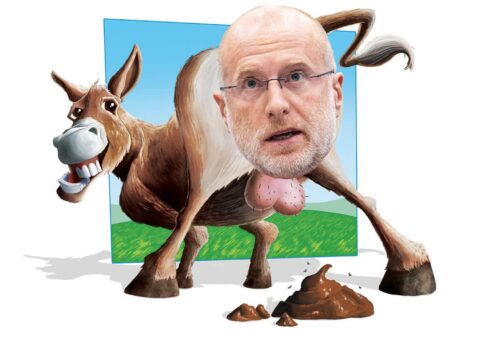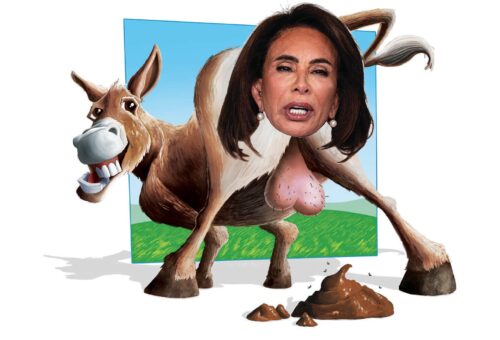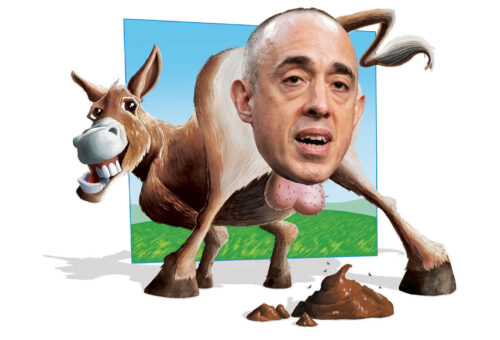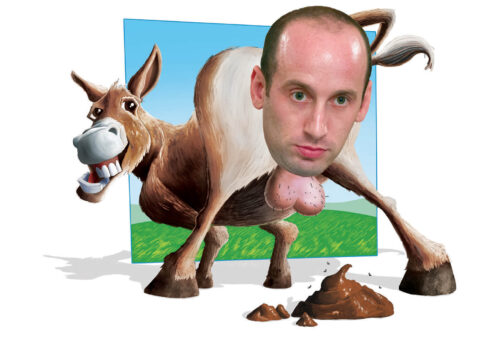Banksters Are Not Our Only Option
“Epic in scale, unprecedented in world history.” That is how William K. Black—professor of law and economics and former banking regulator—describes the scams in which JPMorgan Chase (JPM) has now been implicated. They involve more than a dozen felonies, including bid-rigging on municipal bond debt; colluding to rig interest rates on hundreds of trillions of dollars in mortgages, derivatives and other financial contracts; exposing investors to excessive risk; failing to disclose known risks; and engaging in multiple forms of mortgage fraud.
So why, asks Chicago Alderman Leslie A. Hairston, is Chi-Town still doing business with the megabank? She plans to introduce a City Council ordinance deleting JPM from the city’s list of designated municipal depositories.
As Hairston reportedly told the Chicago Sun-Times: “The bank has violated the city code by making admissions of dishonesty and deceit in the way they dealt with their investors in the mortgage securities and Bernie Madoff Ponzi scandals.…We use this code against city contractors and all the small companies, why wouldn’t we use this against one of the largest banks in the world?”
City Councilman Gil Cedillo has recommended a similar strategy for the City of Los Angeles. But in an editorial titled “There’s No Profit in L.A. Bashing JPMorgan Chase,” the Los Angeles Times opposed the idea. It warned against pulling the city’s money out of JPM and other megabanks—even though the city attorney is suing them for allegedly causing an epidemic of foreclosures in minority neighborhoods. “L.A. relies on these banks,” said the Times, “for long-term financing to build bridges and restore lakes, and for short-term financing to pay the bills.”


















